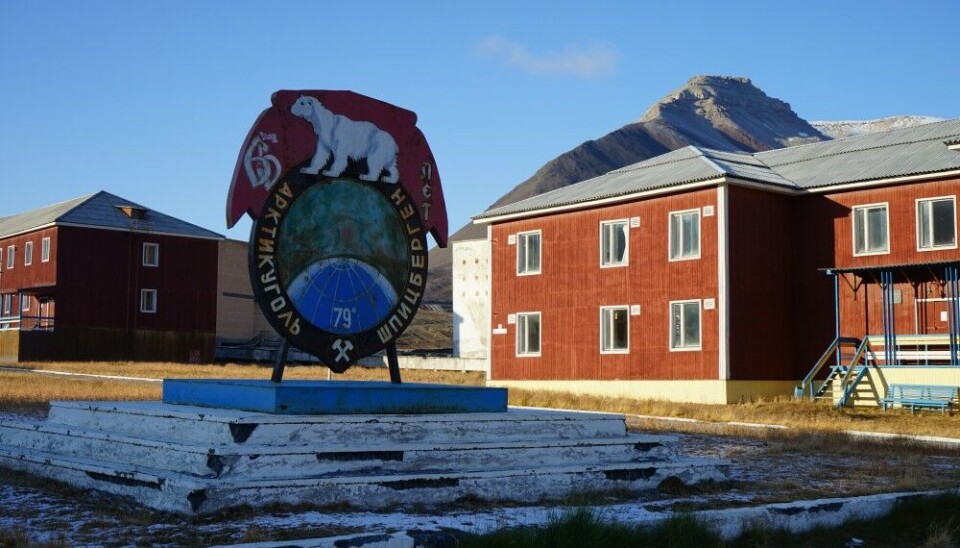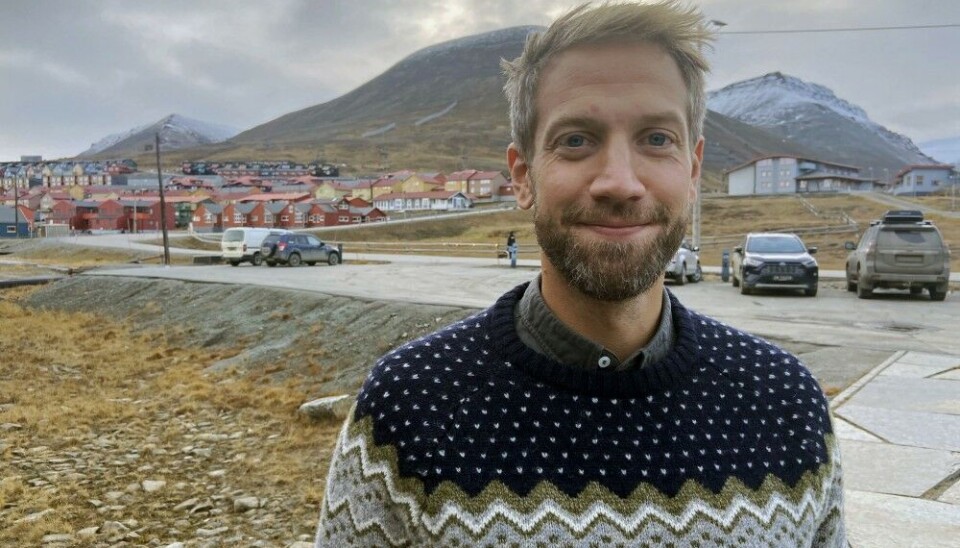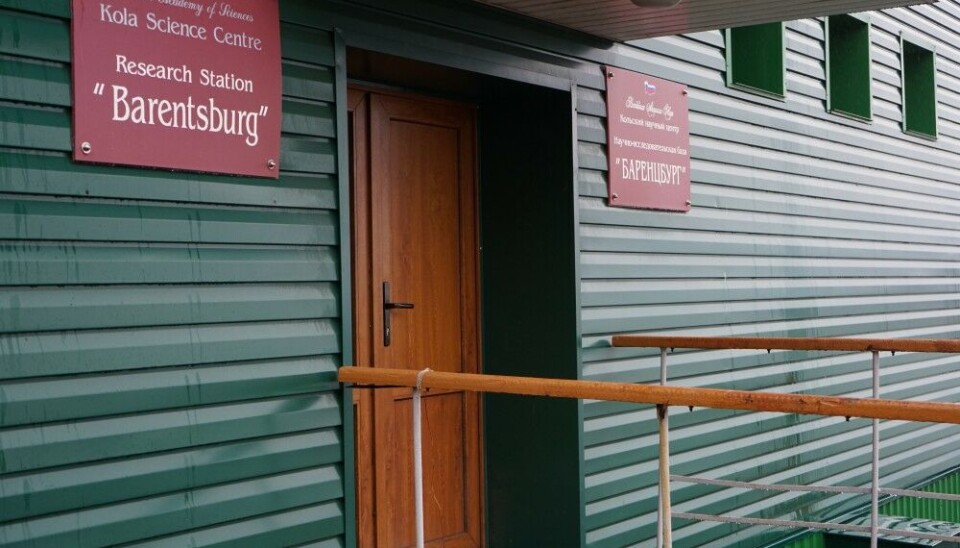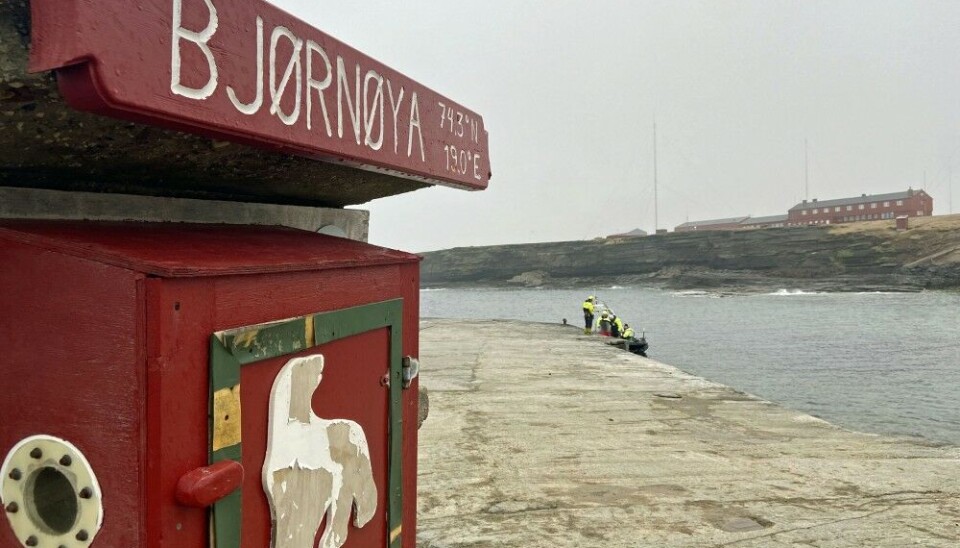
Isolated Russia invites faraway countries to upcoming Svalbard science center in Pyramiden
India, Turkey, China, Brazil and Thailand are all interested in teaming up under Moscow’s umbrella at a new science complex as Russia plans to bring life back to the world’s northernmost ghost town.
The conference took place in Murmansk in the shadows of growing distrust with the seven other Arctic nations that previously formed the science cooperation under the Circumpolar Arctic Council.
“[the Science Centre] … will form the basis for multilateral and scientific and educational cooperation between Russia and friendly countries,” said Dmitri Negrutsa, Deputy Director of Trust Arktikugol, the state-owned company running all Moscow’s operations at Svalbard.
Norway is no longer on Russia’s list of cooperative partners. In August, Oslo was even downgraded from “unfriendly” to “very unfriendly” by the Russian Foreign Ministry.
“Interests in the centre have come from the scientific communities of the BRICS countries, including China, Brazil and India, as well as Turkey and Thailand,” Negrutsa said.
The Barents Observer first reported about Russia’s plans to build a science complex for international partners at Svalbard this spring. News now is the concrete plan to locate it to Pyramiden, the former coal mining community built by the Soviet Union and abandoned in the late 1990ties.
“It will carry out complex research in the Arctic region and train highly qualified scientific personnel, using Russian presence in Svalbard,” Negrutsa elaborated.
He said the science will focus on climate, biology, geology, geophysical space research, weather, ecology, pollution and historical-cultural research.
Norway’s main Arctic science community on Svalbard, Ny-Ålesund, is home to many nations’ fieldwork, among them the two BRICS countries China and India. The settlement on the northwest coast offers a wide range of shared infrastructure and laboratory services for international nature, climate and marine environment research.
In Longyearbyen, UNIS is Norway’s most international university center with some 750 students from 43 nations.
Senior researcher Andreas Østhagen with the Fridtjof Nansen Institute doubts that all BRICS countries would be interested in teaming up with Russia for Arctic science.
“The BRICS countries are a varied bunch. I doubt that Brazil or South Africa are very interested in a costly research presence in Svalbard, outside of the established community that already exists in Ny-Ålesund,” Østhagen says to the Barents Observer.
New Arctic partners
“China and India, however, are different actors, that have increasingly expressed an interest in Arctic affairs more broadly. Expanding their research activities while also supporting Russian presence could be favorable to them.”
Both India and China are today present in the science community in Ny-Ålesund.
Østhagen sees Russia’s science initiative as a new card in a broader geopolitical game in the Arctic.

“Russia is looking to revitalize its Svalbard presence. Coal mining is ineffective and costly, and the Russian state sees research as one avenue to increase its presence in the archipelago. We also cannot discount that there is genuine interest in research from academia as well,” he says.
“In any case, I doubt that the activity will be large-scale or that it will challenge other forms of research collaboration on Svalbard. Activity would have to adhere to Norwegian regulations and laws. However, the increased focus on dual-use and research – for example using research stations to conduct intelligence gathering for foreign governments – is a real concern that the Norwegian authorities must take seriously,” Andreas Østhagen says.
Dmitri Negrutsa assured in his speech at the Geographical Society’s security conference that Arktikugol “will take care of infrastructure and operational services for the center.”
The center will be in Pyramiden, Negusta highlighted. He added that both Barentsburg and Grumant in Coles Bay will see science activities.
“At the moment, the project of the center, which will provide scientific and educational activities, is at a high stage of development. A response and a key order are expected from the Deputy Prime Minister of the Government,” Negrutsa said.
Kola Science Centre
Today, Russia has a few science and research institutions working in Barentsburg, the 300ish-people community currently looking for new ways to maintain activities at Svalbard as coal mining hardly is able to produce enough to keep the local power plant running.
“Barentsburg will be developed into an infrastructure hub,” the Deputy Director of Arktikugol said, pointing to deepening the harbor to 12 meters depth so larger vessels can make port calls.

Negrusta at the same time announced plans to build a ship service facility that could do repair and provide supplies to fishing vessels, now as shipyards in Norway are no longer allowed to serve Russian trawlers because of sanctions.
Bio-weapon claims
Talking about biomedical research at Svalbard and how humans adapt to life in the high Arctic, Belisheva suddenly changed topic and accused Norway of entering a secret agreement allowing the United States to build a military facility with a biological laboratory at Bear Island.
“It will be a virus-biological laboratory by the Pentagon,” Natalia Belisheva stated.
She added:
“It’s a completely unknown laboratory but it is known that funding will come from the state budget of the country and the entire equipment will be supplied by General Electric and Johnson & Johnson.”
The cost, according to Belisheva, is $100 million and the funding period is from July 2023 to February 2025.
Belisheva is a highly decorated researcher with multiple internationally published science articles.
Where does the Arctic military bio-lab story come from?
Natalia Belisheva is not the first to talk about a secret US military-biological Arctic laboratory at Bear Island, the southernmost island of the Svalbard archipelago.

The story was first planted by Mash, a pro-Kremlin Telegram channel with alleged links to Russia’s security services.
“… the construction of a virology laboratory in the Arctic waters is one of the most important areas of the Pentagon’s specialized units,” Mash claimed with reference to unnamed sources. The story was published on June 16 this year, one day before the Norwegian Parliament’s Standing Committee on Foreign Affairs and Defense visited Bear Island.
Like most Russian false propaganda accusations, the story soon spread from smaller regional media, like Nord-News, to larger widespread national media like the Komsomolskaya Pravda and news agency Rambler.
According to the Svalbard Treaty, Norway cannot use the archipelago for warlike purposes.
Russia’s info-war
Bio-labs accusations became a hot topic soon after Russia’s full-scale war on Ukraine in February 2022.
The Foreign Ministry in Moscow posted a tweet (now X) accusing the USA of running a secret military biological program. Russian soldiers invading Ukraine had allegedly discovered “the evidence of an emergency clean-up performed by the Kyiv regime…,” Sergey Lavrov’s diplomats wrote.
Russia soon brought up the issue in the UN’s Security Council and was supported by China.
Ukraine and the United States denied the accusations. US Ambassador to the UN, Linda Thomas-Greenfield, told the council:
“I will say this once; Ukraine does not have a biological weapons program.”
Interesting with the Mash story on Bear Island is the last sentence, which states:
“For reference: Bear Island was recognized as part of the Russian Empire in the 19th century, but after the 1917 revolution it came under the control of Norway.”















